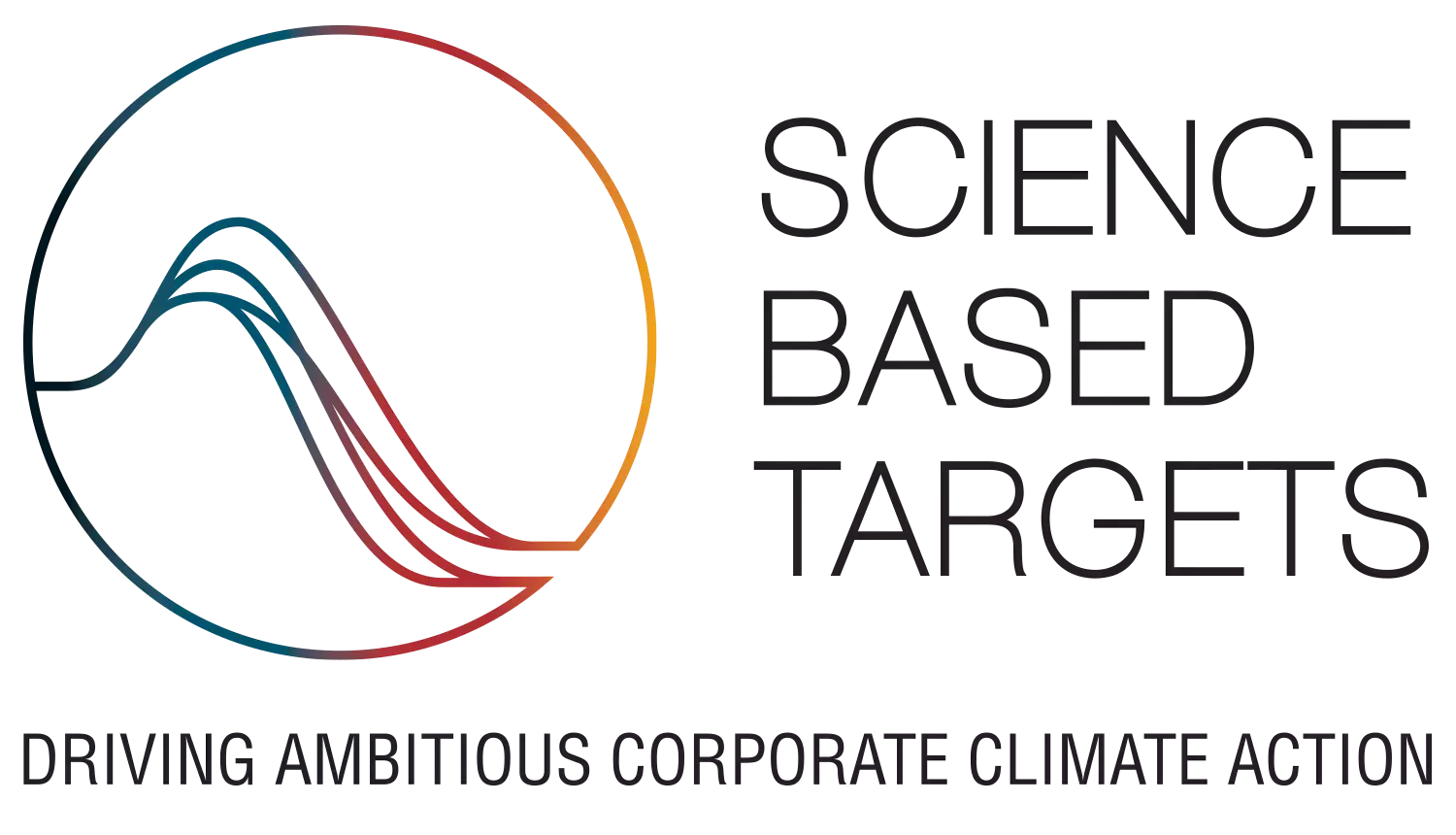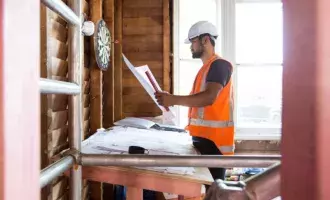We're tackling climate change, reducing our environmental impact and supporting our clients and suppliers to do the same.
Climate change is one of the defining issues of our time: it’s never been more important for businesses to commit to drastically reducing emissions to avoid the irreversible consequences of global warming.
As a purpose-led, responsible business, Capita is committed to its responsibility in the fight against climate change. We are dedicated to reducing our environmental impact and supporting our clients and suppliers to do the same - and as a business of over 43,000 people across the world, we know that if we work together, we can make a real difference.
Urgency of action
The latest climate science from the IPCC, described by the UN as “code red for humanity,” shows that it is still possible to limit global temperature rise to 1.5°C. However, we are dangerously close to that threshold. Immediate and decisive action is crucial to prevent irreversible damage to our planet.
Importance of rapid emission cuts
To achieve our climate goals, rapid and deep emission cuts are essential. The world must halve global emissions before 2030 and strive to achieve net-zero emissions before 2050. These targets are not just ambitious; they are necessary to ensure a sustainable future for generations to come.
Encouragement to stakeholders
We encourage all stakeholders to align with climate science by committing to science-based 1.5°C and net-zero targets. By working together, we can make a significant impact and lead the way towards a more sustainable world.
Overall net zero target
Capita PLC commits to reach net zero greenhouse gas emissions across the value chain by 2045.
Near-term targets
Capita PLC commits to reduce absolute scope 1 and 2 GHG emissions 46.2% by 2030 from a 2019 base year. Capita PLC also commits to reduce absolute scope 3 GHG emissions from business travel 46.2% within the same timeframe. Capita PLC further commits that 50% of its suppliers by spend covering purchased goods and services, capital goods, and upstream transportation and distribution will have science based targets by 2025.
We have already significantly exceeded these targets by reducing emissions by 81% in 2024, when compared to our 2019 baseline. 58% of our suppliers (by spend) had science based targets in 2024.
Long-term targets
Capita PLC commits to reduce absolute scope 1 and 2 GHG emissions 90% by 2045 from a 2019 base year. Capita PLC also commits to reduce absolute scope 3 GHG emissions 90% within the same timeframe.
In 2024, we had reduced our total emissions by 43% from a 2019 base year across all relevant categories in Scope 1, Scope 2 and Scope 3.
These are challenging targets that we are committed to at every level of our organisation. To help accelerate our pace we have a three-phased approach which aims to reach operational net zero by 2030; operational and business travel net zero by 2035; and full net zero by 2045. Making direct emissions reductions will be our priority and all residual emissions will be neutralised in line with SBTi criteria before reaching net-zero emissions.
It’s only through continuing to challenge ourselves and setting ambitious targets that we can fulfil our purpose – to create better outcomes for all.
Capita has appointed representatives throughout key parts of the business as net zero Champions and work has begun on our first Low Carbon Transition Plan. The plan is expected to be published in Q4 2025 and will outline the actions we will take to reach net zero by 2045 across our value chain.
Underpinned by science-based targets, we have set out an ambitious roadmap to take us to net zero by 2045.
Milestone 1: Operational net zero
*By 2030
Neutralise operational scope 1&2 emissions

Milestone 2: Operational + travel net zero
*By 2035
Neutralise operational scope 1&2 + business travel emissions

Milestone 3: Full net zero completion
*By 2045
Neutralise operational scope 1&2 + business travel + supply chain
Click any of the tabs below to get a summary explanation of the mitigation actions for each milestone.
-
Switch electricity to renewable on all properties (bar 10%)
-
Start to switch boilers from gas to electric
-
Where possible move fleet from vehicles to EVs
-
Renewable energy certificates (elec) and carbon credits (gas and fuel) to cover non-renewable utilities purchases
-
Engage with suppliers to set science-based targets, support them to decarbonise their operations. 55% of suppliers by spend to have set science based targets
-
Reduce business travel emissions by 75% from 2019’s baseline
-
Consider more stringent business travel policies, reduce air travel, flexible home-/remote-working options
-
Achieve 75% decrease in business mileage
-
All employee mileage including cash allowance and private cars to be in EVs by 2032.
-
Consider offering incentives through mileage reimbursement, revised company car schemes and hire car policy to achieve this.
-
Carbon credits to cover residual emissions
-
Engage with suppliers to set science-based targets, support them to decarbonise their operations. 85% of suppliers by spend to have set science based targets
-
Engage with suppliers to set science-based targets, support them to decarbonise their operations
-
Carbon credits strategy options being developed which could mitigate potential price rises and support the biodiversity agenda
Using insights from energy data to reduce carbon emissions
To get a better understanding of building energy consumption, we engaged SMS plc to apply metering and data expertise for valuable energy management insights.

Decarbonising public sector buildings to help achieve net zero
Public sector bodies have been given zero-carbon targets to help reach net zero by 2050. In many cases this will mean retrofitting whole buildings - even estates - to ensure they’re energy-efficient. Such scale of work requires additional expertise, skills and resource capacity. Our experienced property specialists can help, providing advice, planning and business case submission on energy efficiency measures across your buildings and social housing. We work side by side with your teams, applying advanced data analytics skills and funding knowledge alongside construction and building surveying expertise to deliver the best value to you.

Click any of the tabs below to get a summary explanation of the terms used on this page.
The practice of balancing a company’s emissions with an equivalent amount of carbon credits.
Reduction of Green House Gas (GHG) emissions at the rate consistent with that required to limit warming to 1.5ºC and neutralise the impact of any source of residual emissions that remains unfeasible to be eliminated by permanently removing an equivalent amount of atmospheric carbon dioxide
Reaching net-zero emissions requires neutralizing a company’s residual GHG emissions within it’s own value chain (supply chain, operations, products and services) with an equivalent amount of carbon removals. An effective neutralization strategy involves removing carbon from the atmosphere and storing it for a long-enough period to fully neutralize the impact of any GHG that continues to be released into the atmosphere. e.g. tree planting, carbon capture and storage.
While reaching a balance between emissions and removals is the end goal of a net zero journey, companies should consider undertaking efforts to compensate unabated emissions in the transition to net-zero to contribute to the global transition to net-zero. These are measures that companies take to prevent, reduce or eliminate sources of GHG emissions outside their value chain e.g. participation in schemes to prevent de-forestation.
These are certificates purchased to confirm tonnage of carbon neutralisation / compensation and should be verified by credible schemes such as VCS or Gold Standard.
Carbon capture and storage or carbon capture and sequestration is the process of capturing carbon dioxide (CO2) before it enters the atmosphere, transporting it, and storing it (carbon sequestration) for centuries or millennia.
Scope one refers to all direct emissions from an organisation including gas boilers, fleet vehicles and air-conditioning gas leaks, while scope two includes all indirect emissions including heat, electricity and steam purchased and used.
All other indirect emissions from sources an organisation does not own or control, such as emissions associated with business travel, procurement, sales, transport, waste, and water.
Ensures that companies reduce their emissions in line with the goals of the Paris Agreement and are externally validated by the Science Based Targets initiative (SBTi).
Independent Assurance of Capita Plc’s FY2024 Scope 1, 2 & Business Travel GHG indicators
Capita Plc CDP Corporate Questionnaire 2024
2025
Title | Download |
|---|---|
Capita Business Services Limited Carbon Reduction Plan 2025 | |
Capita Pension Solutions Limited (CSPL) Carbon Reduction Plan 2025 | |
Capita Property and Infrastructure Limited Carbon Reduction Plan July 2025 |
2024
2023
Title | Download |
|---|---|
Capita Business Services Limited Carbon Reduction Plan August 2023 | |
Agiito Limited full Carbon Reduction Plan August 2023 | |
Capita Pension Solutions Limited full Carbon Reduction Plan July 2023 |
2022
Title | Download |
|---|---|
Capita Resourcing Limited Carbon Reduction Plan November 2022 | |
Capita Business Services Limited Carbon Reduction Plan August 2022 | |
Capita Pension Solutions Limited full Carbon Reduction Plan July 2022 |










